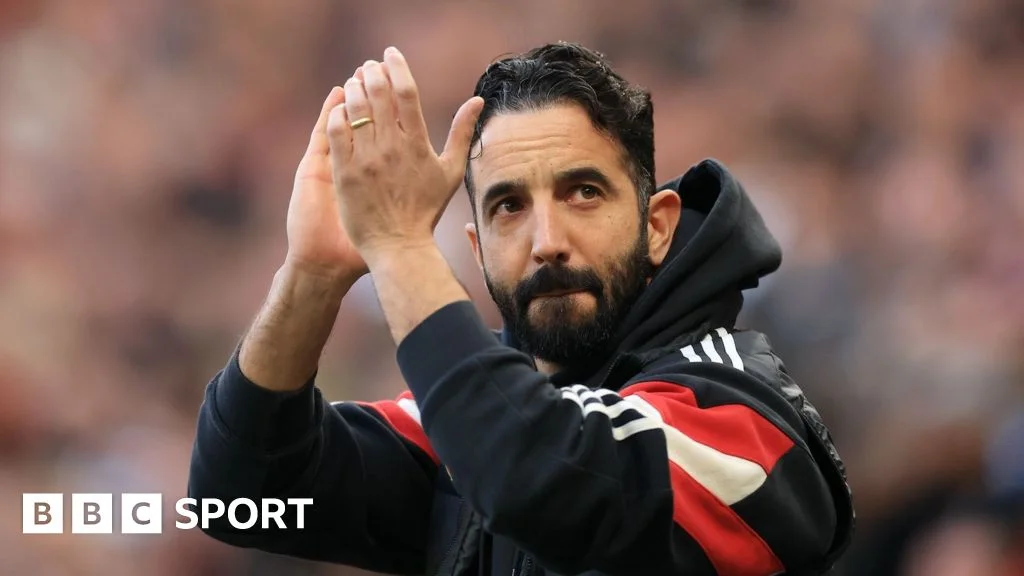
Diogo Dalot and Bruno Fernandes Address Overpaid Claims at Manchester United
Manchester United's Diogo Dalot and Bruno Fernandes have publicly responded to criticisms from Sir Jim Ratcliffe about overpaid and underperforming players at the club. In a candid interview, Dalot emphasized the need for players to prove their worth on the pitch, suggesting that those not meeting the club's standards should be moved on. His comments come in the wake of Ratcliffe's bold statements about the squad's current state.
Similarly, captain Bruno Fernandes also addressed the issue, defending the team's commitment despite the challenging circumstances. Fernandes acknowledged the high expectations at Manchester United and stressed the importance of unity and hard work to turn things around. Both players' remarks underline a pivotal moment for the club as it seeks to rebuild and reclaim its position at the top of English football.
Related issues news
Is Sir Jim Ratcliffe the owner of Manchester United?
Manchester United co-owner Sir Jim Ratcliffe says he would walk away from the club if he gets 'abused' by fans in the same way the Glazer family have. The 72-year-old last year spent £1.3bn for a 28.94% stake in the club, in a deal which led to his company Ineos taking control of football operations.
Who is funding the new Manchester United stadium?
Ratcliffe previously dipped his toe into the water to suggest that central funding might be sought from government around his vision for a “Wembley of the North”, but he has since confirmed that United will fund the stadium without asking for taxpayer money.
Who is the owner of Manchester United?
Manchester United co-owner Sir Jim Ratcliffe sat down with Gary Neville on The Overlap to discuss Erik ten Hag's sacking, recent scrutiny from fans and Ruben Amorim's future at the club.